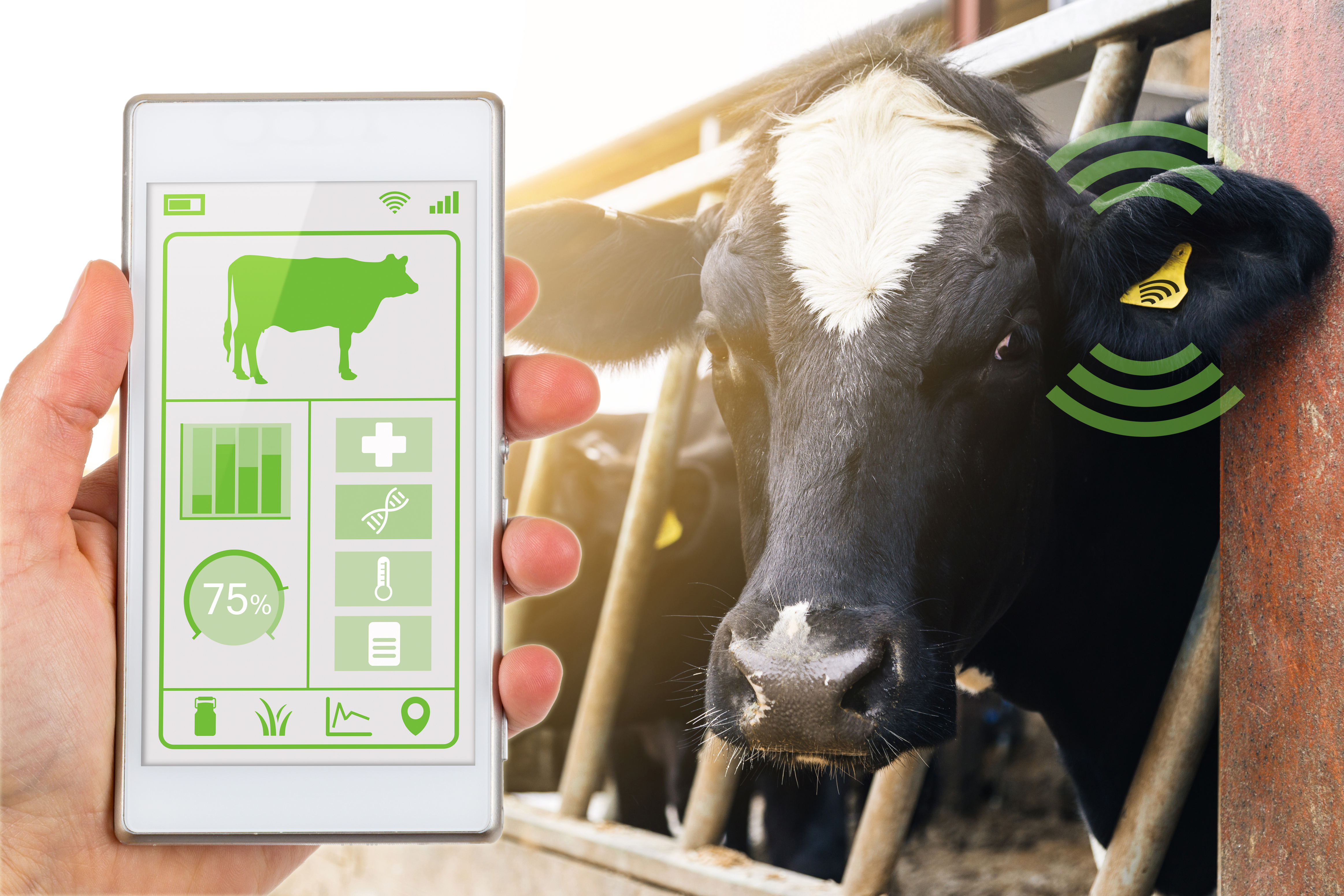Neurochips in Cows? Russian Biotech Pushes the Boundaries of Dairy Production

In a move that blends biotechnology, artificial intelligence, and precision livestock farming, a Russian startup has launched an audacious project: implanting neurochips into the brains of dairy cows to increase milk output.
While the concept may spark controversy in Western circles—where debates over animal ethics and invasive tech rage on—Russia is taking a different approach. For the Russian ag-tech sector, this isn’t science fiction. It’s the next logical step in a decade-long journey to digitize and automate food production.
From Digestive Sensors to Brain Implants
Russian farms have used IT solutions in livestock management for years. Long before implants, farmers deployed ingestible sensors equipped with radio transmitters. These devices remained in the animals’ stomachs, relaying key data on acidity levels, feed types, and digestive activity.
This real-time information, paired with AI-powered analytics, helped optimize feeding strategies—boosting milk yields and improving herd health. In one 2020 pilot project, telecom giant MTS played a role in data collection and transmission.
As AI capabilities matured, these tools evolved to track increasingly granular metrics—ushering in a new era of hyper-personalized livestock care.
The Rat That Answered Questions
The next breakthrough came not in the barn, but in the lab. In collaboration with Moscow State University, neurotech startup Neiry successfully connected a rat’s brain to an artificial intelligence system—teaching it to respond to stimuli-based questions. The project, dubbed “IIntuition,” marked a global first in animal-to-AI neural interfacing.
Emboldened by this success, researchers began adapting the technology for use in larger animals—with economic productivity as the end goal.
Project "NeuroHorn": Stimulating Milk with Precision
Launched in spring 2025, Neiry’s “NeuroRoga” (“NeuroHorn”) project takes brain-machine integration to the pasture. Using targeted electrical stimulation, neurochips implanted directly into a cow’s brain activate regions linked to stress, hormonal balance, and reproductive function.
Early results from pilot farms in Russia’s Sverdlovsk region are promising: sustained increases in milk output and overall improvements in animal well-being have been observed.
The system is designed to be minimally invasive and long-lasting, offering farmers a precision tool for yield optimization. Given the growing global demand for dairy—especially in export markets—this could offer Russian producers a competitive edge.
Beyond Automation: AI Reshapes Russia’s Ag Strategy
While precision agriculture traditionally focuses on field robotics and data visualization, Russia is positioning AI as a cross-sector driver of productivity—including in livestock.
In 2023, agriculture was officially designated a national AI priority by the Russian government. According to Sergey Nakvasin, director of the country’s AI Development Center, widespread deployment of AI in animal husbandry could boost gross value added by as much as 13%.
That’s not just theory—it’s becoming practice. Projects like NeuroHorn are part of a broader push to integrate biotech, neurointerfaces, and machine learning into agricultural infrastructure.
Infrastructure Impacts: Redefining the Smart Farm
As neuro-agriculture takes root, ripple effects are already being felt. Dairy infrastructure is adapting to accommodate biotechnical monitoring and stimulation systems. Data processing centers, cloud integration, and veterinary protocols are being updated to handle the demands of neural data.
Moreover, this shift is addressing one of agriculture’s thorniest challenges: labor. By automating animal behavior management, Russia is beginning to offset a shrinking rural workforce—mirroring trends seen across the U.S. and EU.
A Glimpse Into the Future of Farming
Russia’s leap into neuro-agriculture is bold, controversial, and highly technical. But for a country that spans 11 time zones and boasts nearly 380 million hectares of agricultural land, it could be transformative.
As the world faces mounting food security pressures, Russia is betting that precision biotechnology—not just tractors and sensors—will shape the future of farming. If projects like NeuroHorn scale successfully, they won’t just redefine dairy. They’ll rewrite the rules of what agriculture can be.









































